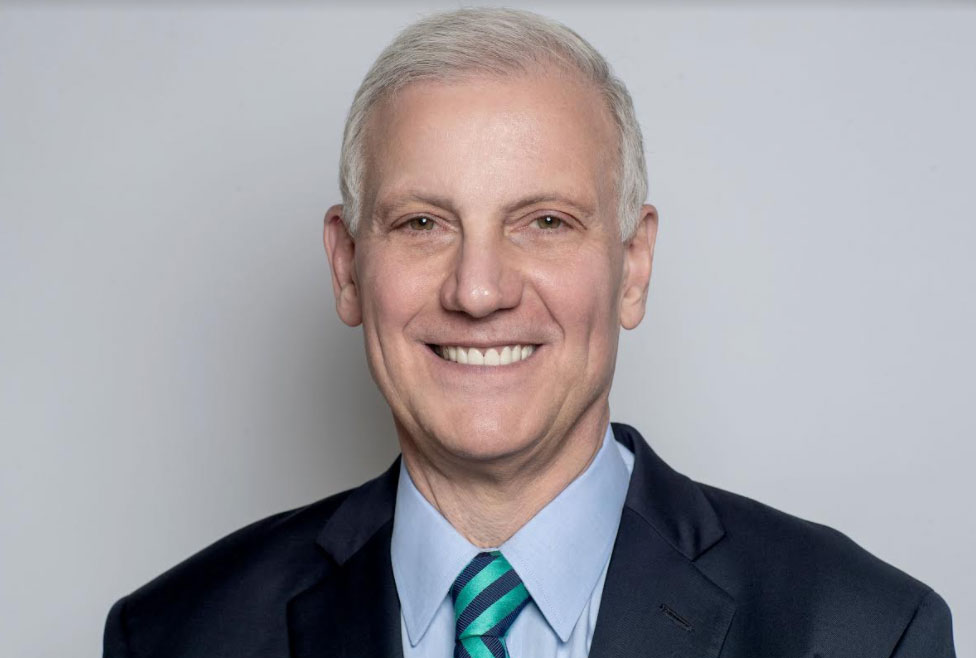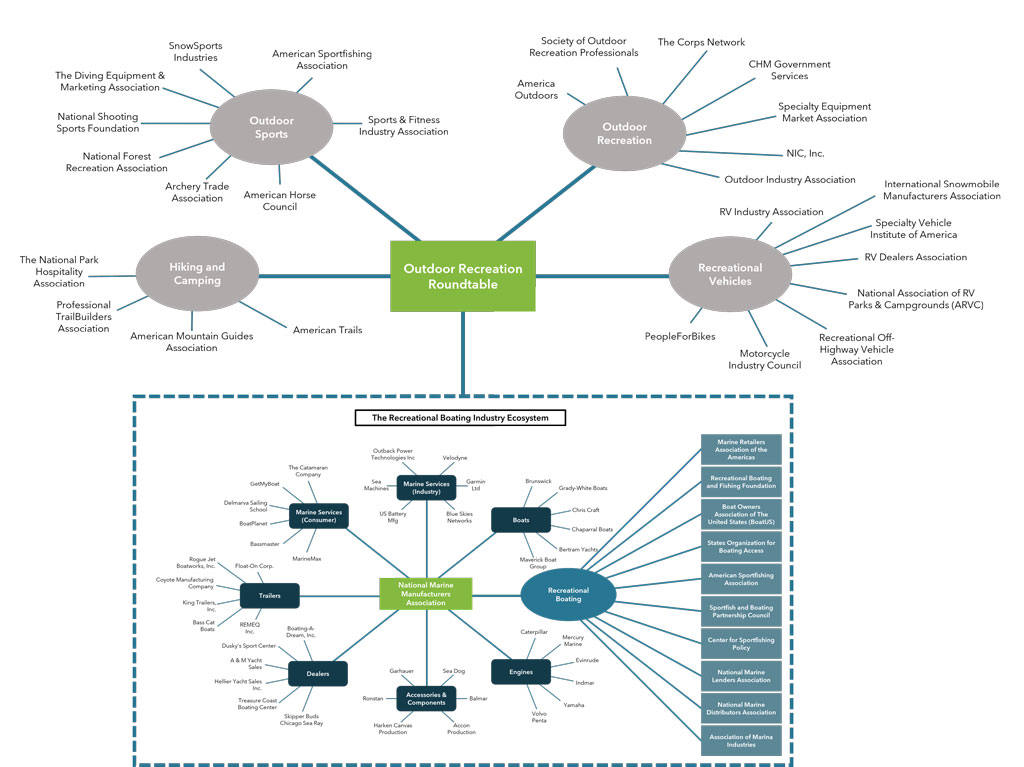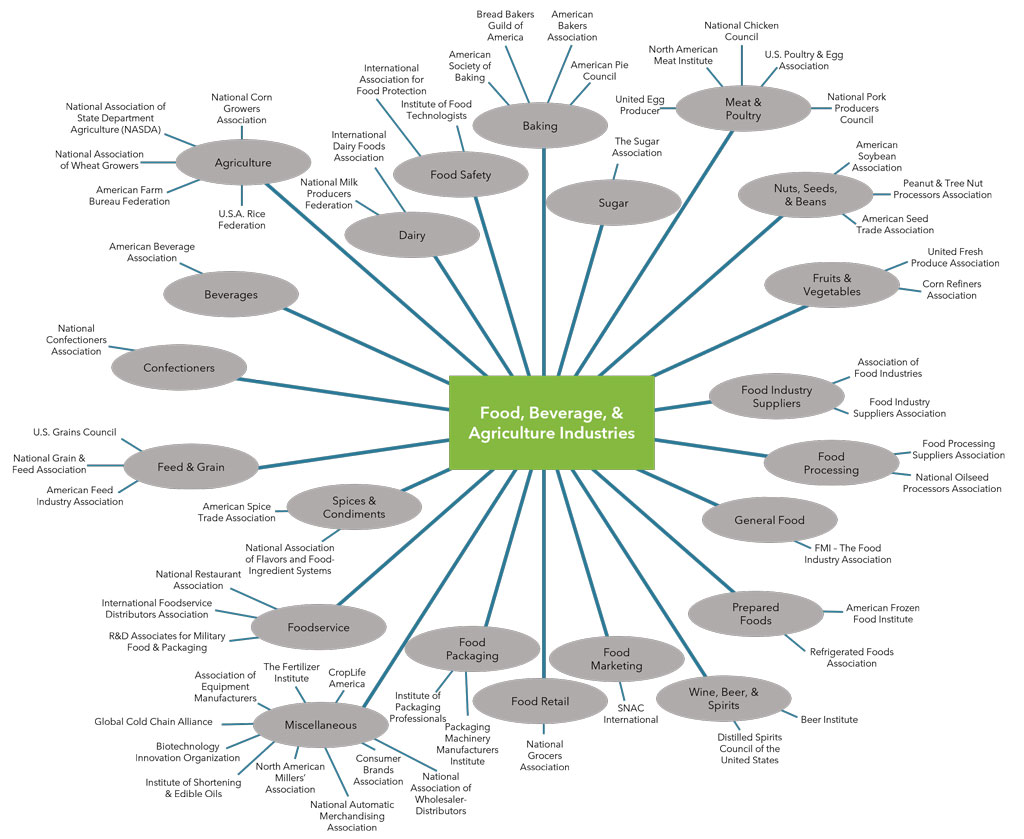Its Time To Reimagine Industry Growth

After years of absorbing blows and learning valuable lessons, industry leaders realize they are at an inflection point: it’s time to Reimagine Industry Growth. Executives, their companies, trade associations, and industries are joining forces to build durable strategic partnerships. Through these relationships they unite supply chains to address challenges, shape the external environment, and position for long term growth. Some of the noteworthy partnerships include the recreational boating, baking, and asphalt pavement industries, as well as the unmanned systems community.
Chronic Uncertainty
Industry leaders experienced a great deal of volatility and change over the past two decades. What is unique now is the speed at which everything happens, how quickly executives learn about it, and how quickly it affects revenues, and annual growth.
In 2007–2008, the world’s economy had a meltdown. The reasons are many, but for a lot of executives it was a wake-up call. Businesses across the globe in almost every industry were forced to reevaluate their strategic approach to over-the-horizon potentialities and had to begin learning to prepare in new and innovative ways for the unknown unknowns that are now a fixture of the future landscape.
Despite uncertainty, companies still delivered record revenue and earnings performance. From 2009 to early 2020, the U.S. stock market reached historic highs, unemployment reached historic lows, and more Americans were working than ever before.
And then COVID-19 came crashing in. It spread fear, took many lives, caused shutdowns that eliminated millions of jobs and wages, and sent the international marketplace into a tailspin. It accelerated change and disrupted every business sector. Mike Tyson once said that everyone has a plan until they get punched in the face. COVID-19 packed quite a punch. And there were other challenges in 2020. It was a year that no one will forget.
Strategic Partnerships Help Industries Reimagine Growth
Because partnerships are an ideal expression of human nature, it seems common sense that they are pursued in business. The most fertile ground for nurturing strategic partnerships within any given industry is through trade associations. That assertion should be obvious to all industry leaders, but if widespread adoption is a fair indicator, the results are not there. Given today’s challenges, it might be that people do not in fact see it or recognize the significant potential of the industry and trade association collaboration. Regardless, the opportunity is there for the asking, and the same opportunity exists for every industry.
Joining Forces and Shaping the External Environment
Let’s review actionable insights from the experiences of five trade association executives, their industries, company leaders, and everyone within their respective spheres of influence (or ecosystems) who set out to represent their industries so everyone would benefit and prosper. In each case, the trade association reflects the values and desired outcomes of the industry. In fact, each trade association is regarded as the face of their respective industry. Their influence and efficacy are magnified by the synergy of their partnerships.
Recreational Boating Industry
This effort piloted by Thom Dammrich, President Emeritus, and the board of directors at the National Marine Manufacturers Association (NMMA) helped unite an industry into one voice through an ecosystem of strategic partnerships that extends throughout the entire outdoor recreation industry. Through this ecosystem, the industry is recognized by the Bureau of Economic Analysis as a component of the nation’s economic activity. The same ecosystem helps to promote recreational boating and it achieves greater access for boating and fishing.
A review of the industry reveals how an all-for-one focus throughout the supply chain extends the recreational boating industry’s reach to the entire outdoor recreation ecosystem all the way to impressive boat sales.
The ecosystem worked to engage consumers on lockdown to explore and enjoy outdoor recreation. NMMA and the RBFF (Recreational Boating Fishing Foundation) combined resources through a joint Discover Boating/Take Me Fishing promotional campaign. The combined resources and creativity of that immense and popular and powerful industry coalition turned the COVID-19 pandemic—an incredibly dangerous and destructive force in the economy and in society at large—into a boon for outdoor recreation businesses, while at the same time providing a healthy alternative for people who were desperately struggling to maintain some semblance of normalcy in exceedingly dire and unpredictable times. Boating sales skyrocketed. It’s important to note that recreational boating industry achieved a 20% year over year (2019 to 2020) increase in revenue.
Baking Industry
Through a series of strategic partnerships that extend from the baking industry through the entire food, beverage, and agriculture ecosystem, the industry joined together though the leadership of Robb MacKie, President & CEO, American Bakers Association. The effectiveness of this strategic partnership was tested at the start of the global pandemic; the baking industry and the food and beverage industry alliance effectively leveraged their ecosystem to keep plants operating, to protect their workers, and to keep the American people fed. The industry’s ecosystem’s efforts to protect the industry when the state of New Jersey wanted to shut down independent distributors. The industry acknowledges the American Bakers Association (ABA) as its public face and recognizes ABA’s impact in shaping the external business environment.
Unmanned Systems
Through its strategic partnership with the Association for Unmanned Vehicle Systems International (AUVSI), the unmanned systems community is growing an ecosystem of strategic partnerships (through the value chain) that helps it achieve its primary objective, public acceptance. This partnership led by Brian Wynne; president & CEO and the trade association’s board of directors works to demonstrate the potential of unmanned systems and to win public acceptance. Civil Government Collaboration is part of an effort to win public acceptance, especially when it comes to public safety. The example of the Chula Vista Police Department stands out in Wynne’s mind where police responding to a possible dangerous situation had advanced information from a sophisticated drone. Early reports of someone waving a gun around in front of a fast-food restaurant turned out to be someone lighting his cigarette with a device thanks to the drone and its operator. Wynne adds , “They were much calmer and more controlled than they might have been otherwise. As a result, they didn’t overreact to a situation that with vague or incorrect information could have ended tragically.”
Asphalt Pavement Industry
National Asphalt Pavement Association (NAPA) is guided by Audrey Copeland, president & CEO, and a committed board of directors from the asphalt pavement industry. In 2003, NAPA formed the Silica/Asphalt Milling Machine Partnership to study milling machine dust controls as part of a proactive effort to support worker safety and health. The partnership included industry representatives including manufacturers of heavy construction equipment that sell pavement-milling machines to the U.S. market, the International Union of Operating Engineers, the Laborers International Union of North America, the Association of Equipment Manufacturers, OSHA, and the Centers for Disease Control’s (CDC’s) NIOSH (National Institute for Occupational Safety and Health). Coordinated by NAPA, the partnership ended up being very successful according to Copeland. “In fact, OSHA eventually issued its silica dust rule based on industry-developed engineering controls, validated by CDC/NIOSH. This type of industry-government-labor partnership has been formally recognized as a gold standard for helping spur voluntary technology advancements to improve worker health and safety. It resulted in us being formally recognized by NIOSH, and I think it was one of the first official recognitions of an association.”
Frozen Food Industry
Through its strategic industry plan the American Frozen Food Institute (AFFI), Alison Bodor, president & CEO, and its board of directors are pursuing strategies to build upon its foundation & continue its double digit growth: Grounded in science, mitigate risks to the frozen food business, elevate frozen’s voice and build champions to promote the benefits of frozen foods, & drive solutions for innovative category performance. One of the key initiatives is through
a strategic partnership between AFFI and FMI—the Food Industry Association, which represents food retailers (grocery companies), they called the Power of Frozen. Their shared objective was to reset the conversation around the frozen food category by doing in-depth market research, collecting retail sales data—overlaying that with consumer trends and identifying opportunities for both retailers’ and manufacturers’ strategies to expand the frozen food industry. They were able to use that information effectively in dealing with both the business media and with consumer media to share the benefits and business of frozen. It allowed them to articulate how those benefits are translating into sales.
Call to Action
Acknowledging a challenging business environment, Steve Heese, President, Chris-Craft and Chairperson, National Marine Manufacturers Association heeded a call to action “If you are charged with growing your business, joining your industry association, and committing yourself and your organization to actively supporting it will pay you back at least 10-fold. Over time you can shape the industry in relatively simple and obvious ways to fuel growth for all players in the industry.”
Strategic partnerships between industries and their trade associations work. It’s time to Reimagine Industry Growth.
Written by Daniel A. Varroney.
Have you read?
# Best CEOs In the World Of 2022.
# Best Citizenship and Residency by Investment Programs.
# These are the world’s most and least powerful passports, 2022.
# The World’s Richest People (Top 100 Billionaires, 2022).
# Case Study: Warren Buffett, LVMH’s Bernard Arnault, Apple’s Tim Cook, and Elon Musk.
Bring the best of the CEOWORLD magazine's global journalism to audiences in the United States and around the world. - Add CEOWORLD magazine to your Google News feed.
Follow CEOWORLD magazine headlines on: Google News, LinkedIn, Twitter, and Facebook.
Copyright 2025 The CEOWORLD magazine. All rights reserved. This material (and any extract from it) must not be copied, redistributed or placed on any website, without CEOWORLD magazine' prior written consent. For media queries, please contact: info@ceoworld.biz










